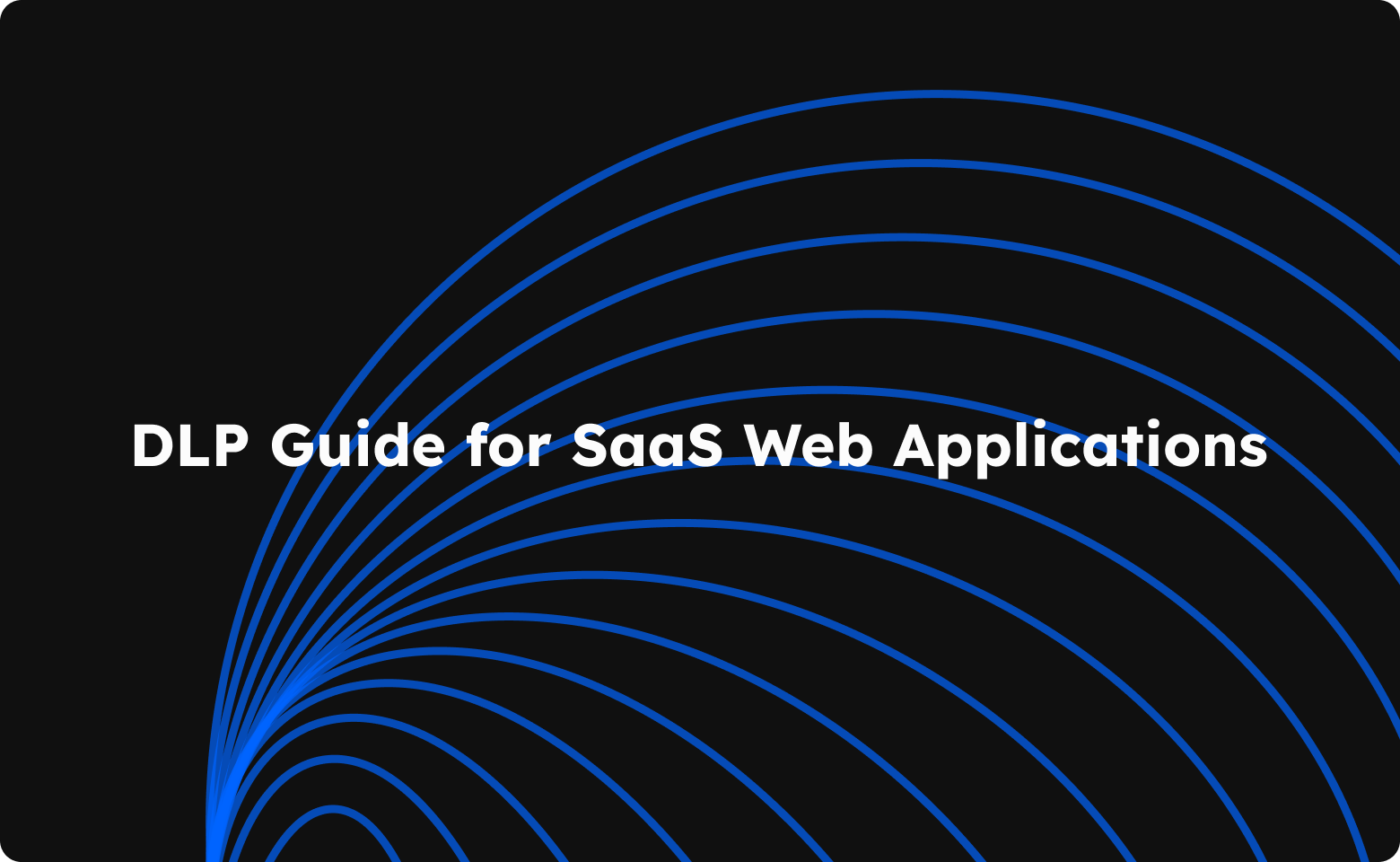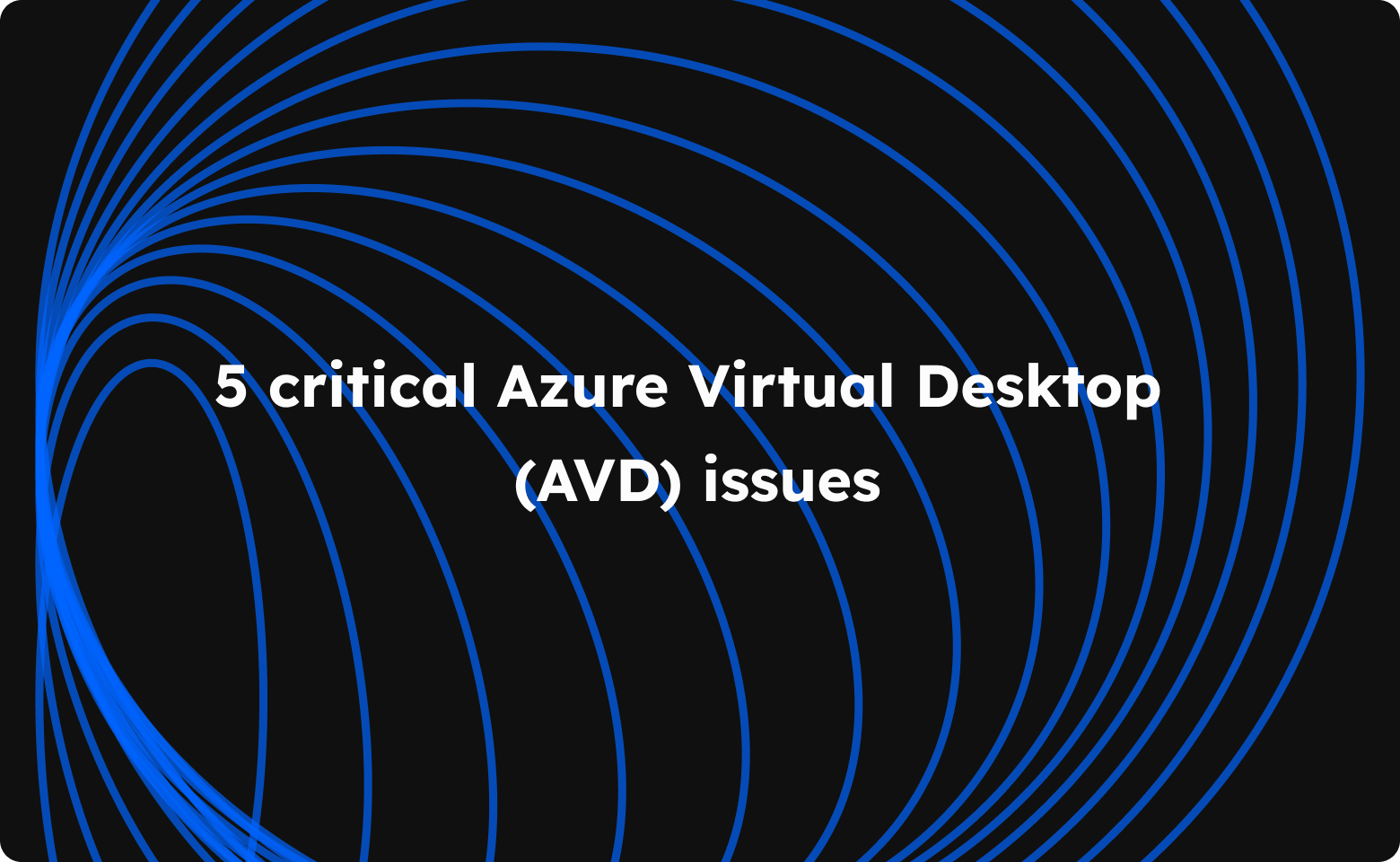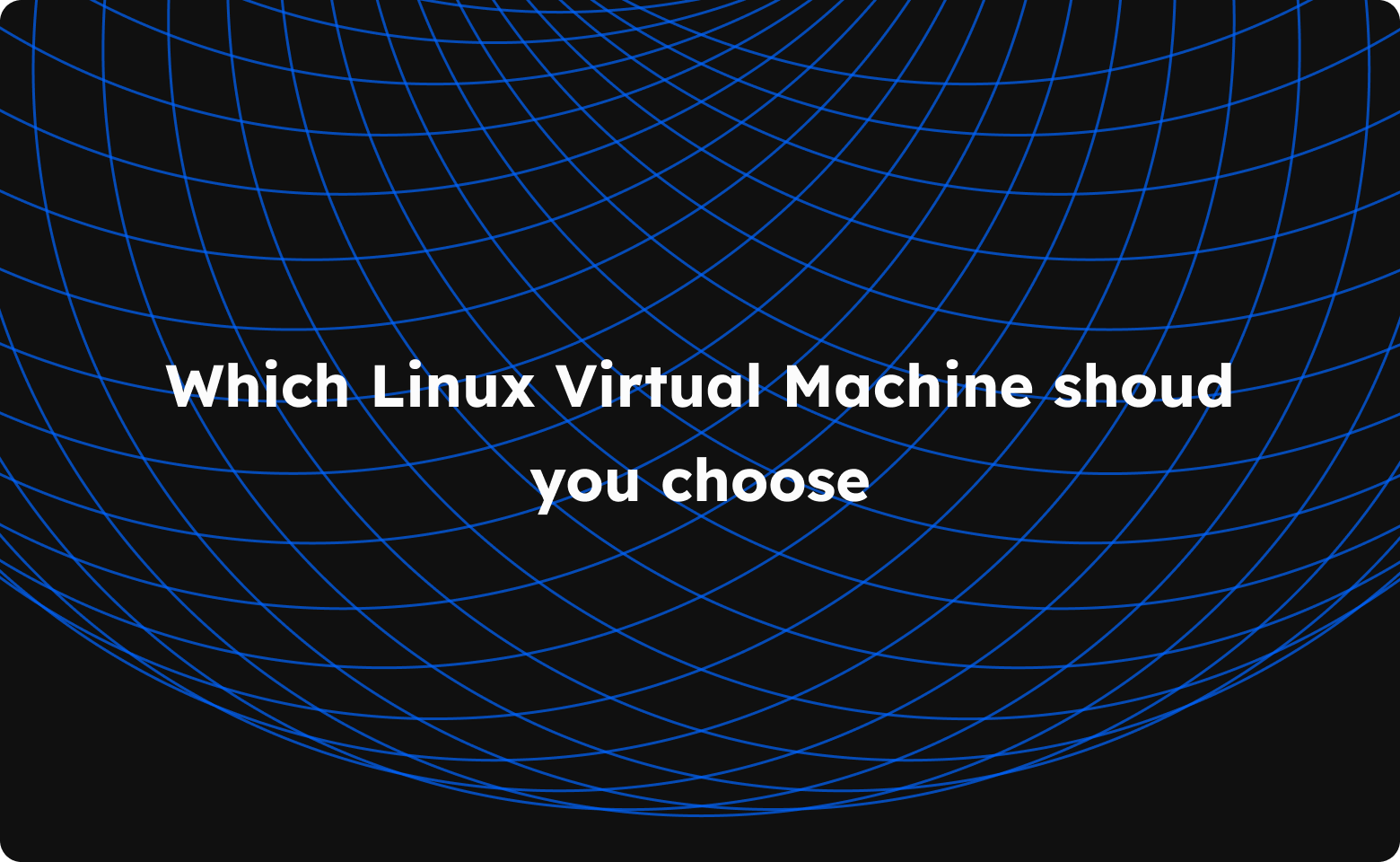Healthcare was one of the first industries to get into on premise desktop virtualisation. They were in it for the remote access and mobility they could give their doctors and nurses, when it came to accessing their patient's data in a neat, secure and ordered fashion. Today, the transition towards cloud-based Virtual Desktop Infrastructures (VDIs) and Desktops As A Service (DaaS) is gaining momentum within medical practices, hospitals, and laboratories. This shift is largely motivated by the desire to adhere to HIPAA compliance while sidestepping the routine challenges associated with traditional systems.
A US based cybersecurity firm reported that the average cost of a single stolen record in healthcare is 380 USD, which is the highest among all the industries. In 2021, IBM's Cost of a Data Breach Report shows that the average cost of a healthcare data breach for a firm was $9.42 million, and in 2023 have increased to an average of $10.93 million per incident. Compliance failures costed healthcare firms around 67.7% in 2021.
While the price of your data is high, the price to protect it is something that can be optimised over time, with the right tools.
VDIs & DaaS providers aid with virtual desktops that guardrails your Protected Health Information(PHI) data by providing both information accessibility and security to medical personnel. These innovative technologies strike the perfect balance between the need for stringent security and the convenience of easy access. Imagine doctors and nurses gliding through patient data with ease, unhampered by the usual tech snags, all while maintaining the fortress-like security that your HIPAA compliance demands.
But it's not just about keeping pace; it's about setting the pace. As the time for annual HIPAA compliance checks rolls around, healthcare organisations stand at a crossroads.
In an era where technology and AI are rapidly advancing, the tools we rely on daily are becoming more powerful and capable. The true mark of excellence for any platform lies in its ability to blend reliability and robustness with unparalleled ease of use. Historically, VDIs and DaaS solutions have been tagged as complex, often requiring extensive technical know-how and leaving users in the dark about the true value of their investment.
With Neverinstall, the burden of managing high-security applications is significantly reduced, as every necessary configuration is readily accessible with just a few clicks. The underlying value proposition of Neverinstall lies in its ability to deliver a seamless and efficient user experience, enabling you to focus on your core tasks without the distractions of complex setup and management.
In a world where time is a precious commodity, Neverinstall presents a reliable and user-friendly solution. With every necessary configuration just a few clicks away, Neverinstall diminishes your reliance on IT support and streamlines the use of high-security applications.
This isn't just about making tasks easier; it's about transforming the very approach to virtual desktop management, ensuring you're always in control, swiftly and securely.
What is HIPAA
HIPAA sets the standard for the protection of sensitive patient data. It mandates that healthcare providers, plans, and clearinghouses that handle protected health information (PHI) adhere to rigorous privacy and security measures.
In the landscape of healthcare information, the Health Insurance Portability and Accountability Act (HIPAA), enacted in 1996, stands as a cornerstone regulation protecting patient health information. HIPAA's broad scope and detailed provisions aim to secure medical data in an ever-evolving digital world.
Meanwhile in India, building on previous efforts to enhance digital data security, the MoHFW recently introduced the Digital Information Security in Healthcare Bill, 2022 (DISHA). This bill is aimed at two pivotal objectives: ensuring the protection of individuals' personal data and establishing a comprehensive framework for the regulation and oversight of digital personal data within the healthcare industry.
Here's an insightful overview of HIPAA's foundational elements and the common pitfalls organisations encounter, serving as a blueprint for robust compliance strategies.
HIPAA Rules To Remember
- The HIPAA Privacy Rule: Safeguards individuals' medical records and personal health information, ensuring confidentiality.
- The HIPAA Security Rule: Establishes standards for the secure management of electronic PHI (ePHI), emphasizing the integrity and confidentiality of patient data.
- The HIPAA Breach Notification Rule: Requires covered entities to notify individuals, the Secretary, and sometimes the media of breaches involving unsecured PHI.
- The HIPAA Transaction Rule: Standardizes the electronic exchange of health information to improve the efficiency and effectiveness of the healthcare system.
- The HIPAA Enforcement Rule: Grants the Department of Health and Human Services (HHS) the authority to enforce HIPAA's rules and impose penalties for violations.
- The HIPAA Identifiers Rule: Protects individual identifiers to maintain patient privacy and reduce fraud and abuse in the health insurance system.

However, the path to HIPAA compliance is not without its challenges, as organizations grapple with a myriad of potential violations that can threaten the integrity of their data and the trust of their patients.
Avoiding HIPAA Violations: A Proactive Approach
As we explore these top violations, it becomes evident that the key to success lies in a proactive and comprehensive approach to compliance. This holistic approach, encompassing both technical and operational safeguards, is the foundation upon which a robust HIPAA compliance framework can be built.
A HIPAA violation occurs when there's a lapse in an organization's compliance efforts that leads to the unauthorized access, use, or disclosure of PHI or ePHI. Such violations are considered serious if they result from non-adherence to established HIPAA policies or due to a compliance program that is either ineffective or not kept current with regulatory changes.
- Comprehensive Understanding
- Risk Mitigation
- Internal Vigilance
- Intentionality Matters
Ensuring HIPAA compliance is an ongoing process that requires constant vigilance, education, and adaptation to regulatory changes and emerging threats.
Using Virtual Desktop Infrastructure to maintain Compliance
By leveraging the capabilities of Neverinstall, healthcare entities can strengthen their HIPAA compliance efforts and mitigate the risks associated with data breaches and unauthorised access.
The traditional model of OS and applications running on user's endpoint devices eventually puts the burden on the IT team to configure, maintain, and support a decentralised distribution of data. Neverinstall solves a lot of these problems by differentiated engineering and an enterprise-centric approach to scalable virtual hardware.
Centralized Data Management: VDI stores and processes data on secure, HIPAA-compliant servers, reducing the risk of unauthorized access and data breaches.
Moreover, when users input information into data fields, such as lists of patient medication, the application in the data center processes this text. What travels back to the user's device and appears on their screen are merely bitmap updates, enhancing security and reducing data transfer volume. This eliminates concerns about data breaches in case of device theft or loss. Whether accessing radiographs, medical histories, or other sensitive data, medical professionals do it all within the secure bounds of the virtual desktop infrastructure, independent of the local device's security.
Secure Remote Access: VDI enables secure remote access to electronic protected health information (ePHI), allowing healthcare providers to access patient data from any location while adhering to HIPAA requirements.
Encryption and Access Controls: VDI provides robust encryption and granular access controls to protect ePHI and ensure users only have the minimum necessary access.
Audit Trails and Monitoring: Comprehensive audit logging and monitoring capabilities in VDI help healthcare organizations track user activities, detect security incidents, and generate audit reports.
Patch Management and Software Updates: VDI's centralized management simplifies the timely application of security patches and software updates, addressing vulnerabilities and mitigating HIPAA compliance risks.
Disaster Recovery and Business Continuity: VDI's disaster recovery and business continuity features align with HIPAA's requirements for data backup and contingency planning, ensuring the availability and integrity of ePHI.
By leveraging the security and management features of VDI, healthcare organizations can strengthen their HIPAA compliance efforts, protect patient data, and maintain the trust of their patients.
Why Neverinstall over other VDIs
Our mission in developing virtual desktop workspaces is to liberate fast-paced businesses from the constraints of hardware, focusing on simplicity and crafting an experience centered around user IT convenience.
Neverinstall comes with the features you have probably gotten used to with traditional and newer VDI and DaaS players, but
- We simplified deployment, with your virtual workspaces now up in seconds, not days.
- Reduce your IT team's workloads on configuring, modifying and maintaining
- Built-in security with SOC II, GDPR, and your required compliances
- Intuitively designed interfaces for a smooth workflow, with minimal latency.
By virtue of providing high-level security on your virtual machines, your enterprise can streamline their spends such as CapEx on hardware, and on technical expertise to maintain or modify workspaces.
Your enterprise can also save up on time spent deploying since Neverinstall has your work environments up and running instantly, and not days. The fixed price SaaS model also allows you to control your costs better, with controls over the number of hours, session durations, and granular user access for your team's resources.
Conclusion
Neverinstall helps with your HIPAA compliance through encrypting your team's devices and securing your company data. The platform undergoes regular third-party audits to validate its compliance posture and maintains necessary certifications. This helps organizations avoid costly fines, reputational damage, and legal liabilities associated with non-compliance.
Neverinstall can aid in maintaining your compliance through the years, as its scalability grows along with you. The built-in security provides a seamless experience for your employees to be able to work without the usual hassles that comes with traditional virtual desktop solutions.
Compliance is a key part of running a healthcare firm, for all the parties involved, from the employees and the company interest being protected, to the patients whose trust is vital for the hospital and medical practice businesses. Choose the virtual desktop that provides both convenience and compliance, with no complications involved.







Join the conversation.